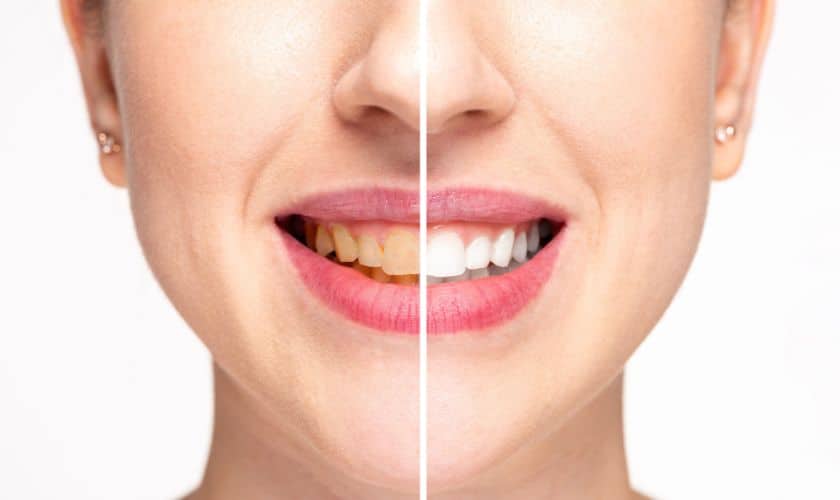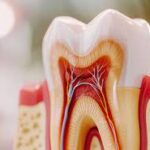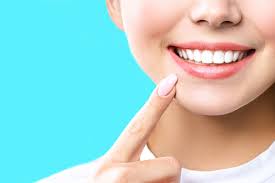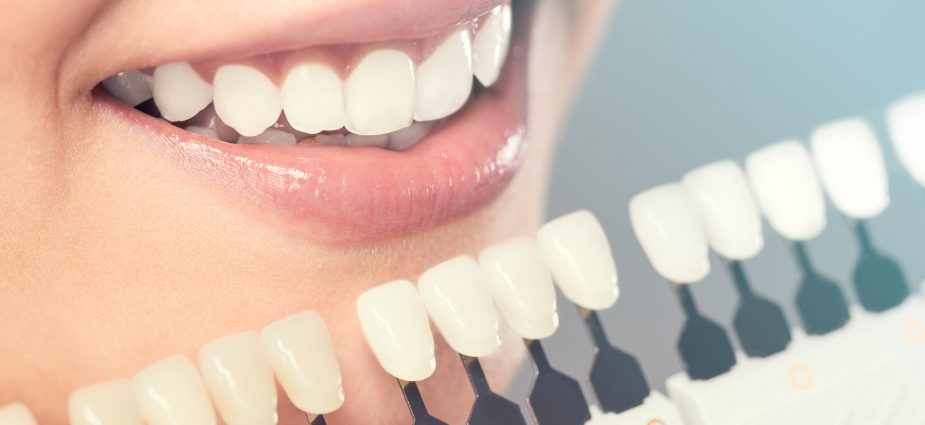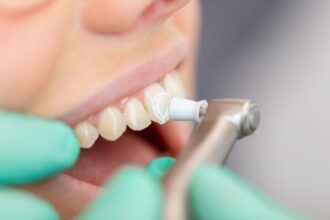Teeth whitening has become one of the most popular cosmetic dental procedures worldwide. A brighter smile not only boosts confidence but also enhances your overall appearance. However, many people wonder: Is teeth whitening really safe and effective? This article explores the truth behind whitening treatments, including methods, safety concerns, and long-term results.
What is Teeth Whitening?
Teeth whitening is a dental procedure that lightens the color of teeth and removes stains or discoloration. It is a non-invasive way to enhance your smile without altering the structure of your teeth.
How It Works
Teeth whitening products contain bleaching agents such as hydrogen peroxide or carbamide peroxide. These chemicals penetrate the tooth enamel and break down stains into smaller, less visible particles, making the teeth appear whiter.
Common Causes of Tooth Discoloration
Extrinsic Stains
- Caused by food, drinks like coffee or red wine, tobacco use, and poor oral hygiene.
Intrinsic Stains
- Develop inside the tooth due to trauma, medication (like tetracycline), or excessive fluoride.
Age-Related Discoloration
- Over time, enamel wears down, revealing the yellowish dentin underneath.
Types of Teeth Whitening Methods
In-Office Whitening
Performed by a dental professional, this method uses a high-concentration bleaching gel and sometimes a light or laser to speed up the process.
- Pros: Fast results, supervised procedure
- Cons: More expensive, possible sensitivity
At-Home Whitening Kits
These include whitening trays, strips, or gels provided by a dentist or bought over the counter.
- Pros: Convenient, more affordable than in-office treatments
- Cons: Slower results, risk of misuse
Whitening Toothpastes
Contain mild abrasives and low levels of bleaching agents.
- Pros: Easy to use, suitable for maintenance
- Cons: Minimal results over time
Natural Remedies
Baking soda, activated charcoal, and oil pulling are popular DIY options.
- Pros: Cost-effective
- Cons: Limited evidence of effectiveness, potential for enamel damage
Is Teeth Whitening Safe?
When used correctly and under professional supervision, teeth whitening is generally considered safe.
Potential Side Effects
- Tooth Sensitivity: Temporary discomfort during or after treatment
- Gum Irritation: Can occur if the whitening agent comes into contact with soft tissues
- Enamel Damage: Rare, but possible with overuse or incorrect application
Who Should Avoid Whitening?
- Pregnant or breastfeeding women
- Children under 16
- People with gum disease, tooth decay, or exposed roots
How Effective is Teeth Whitening?
Results You Can Expect
- Most people see a noticeable improvement, with teeth becoming 2–8 shades lighter.
- Results vary depending on the type and severity of discoloration and the method used.
Longevity of Results
- In-office treatments can last up to 1–3 years with proper care.
- At-home kits and toothpaste may require regular use to maintain results.
Maintaining Whitened Teeth
Post-Whitening Care Tips
- Avoid staining foods and drinks like coffee, tea, and red wine
- Quit smoking or using tobacco products
- Brush and floss regularly
- Use a straw when drinking colored beverages
- Schedule regular dental cleanings
Conclusion
Teeth whitening is a safe and effective cosmetic dental treatment when used properly. Whether you choose a professional procedure or an at-home kit, understanding the pros, cons, and necessary precautions can help you achieve and maintain a radiant smile. If you have concerns or existing dental issues, it’s always best to consult with your dentist before starting any whitening treatment.
Frequently Asked Questions
1. How long do teeth whitening results last?
Results can last from a few months to up to 3 years, depending on lifestyle and oral hygiene habits.
2. Can teeth whitening damage enamel?
When performed correctly, whitening does not harm enamel. Overuse or misuse, however, can cause damage.
3. Does teeth whitening work on crowns or veneers?
No, whitening agents only work on natural teeth and not on dental restorations like crowns or veneers.
4. How soon after whitening can I eat or drink colored foods?
Avoid colored foods and drinks for at least 24–48 hours after whitening to prevent staining.
5. Is whitening toothpaste enough to whiten my teeth?
Whitening toothpastes can help remove surface stains but are not as effective as professional treatments.


